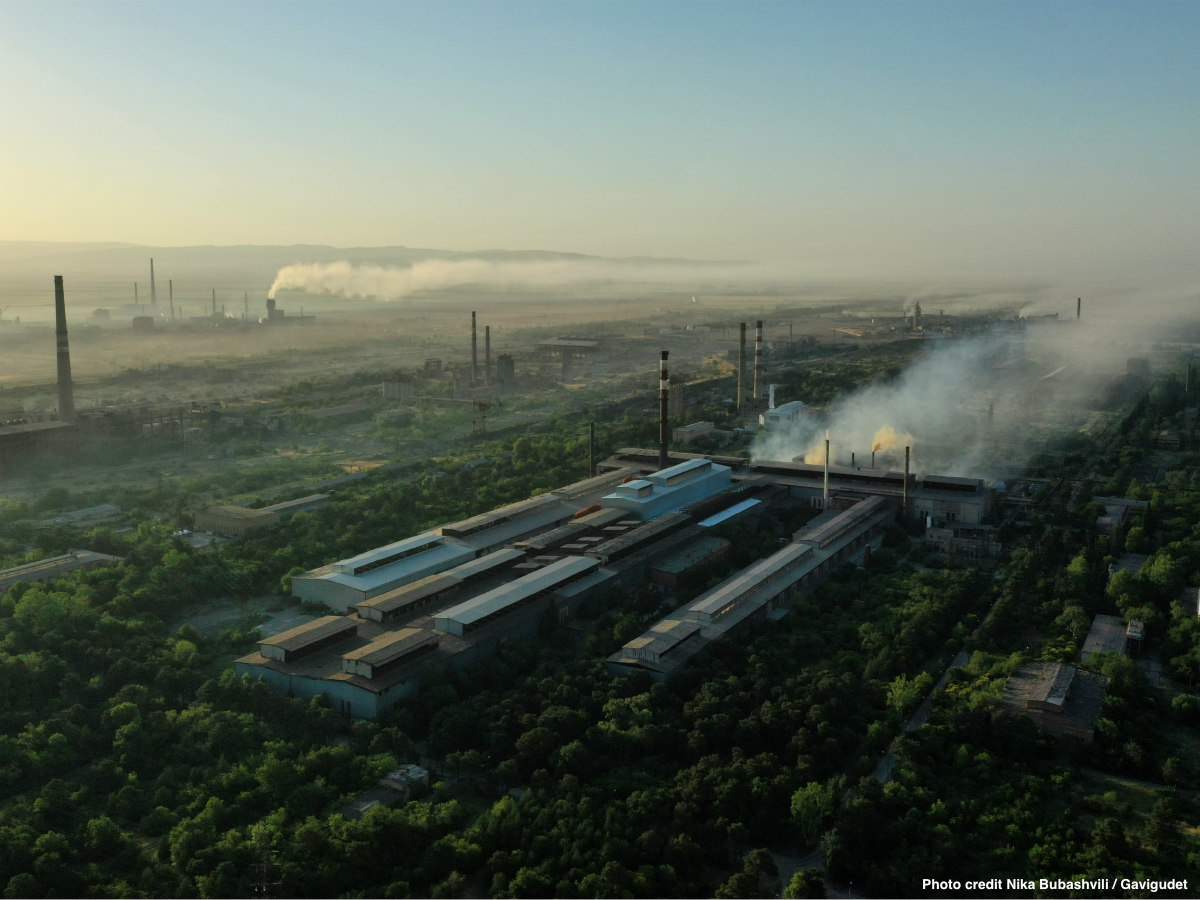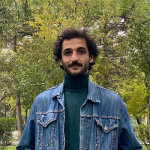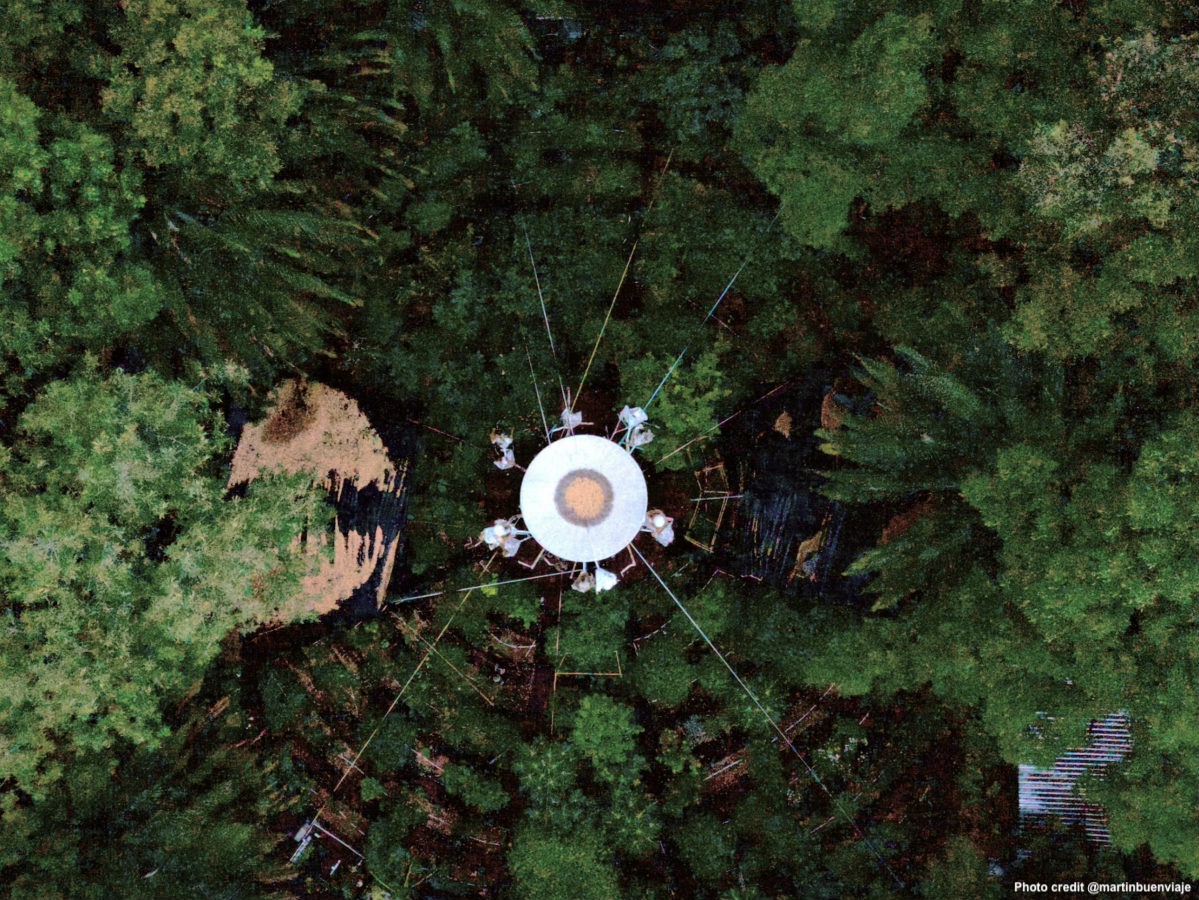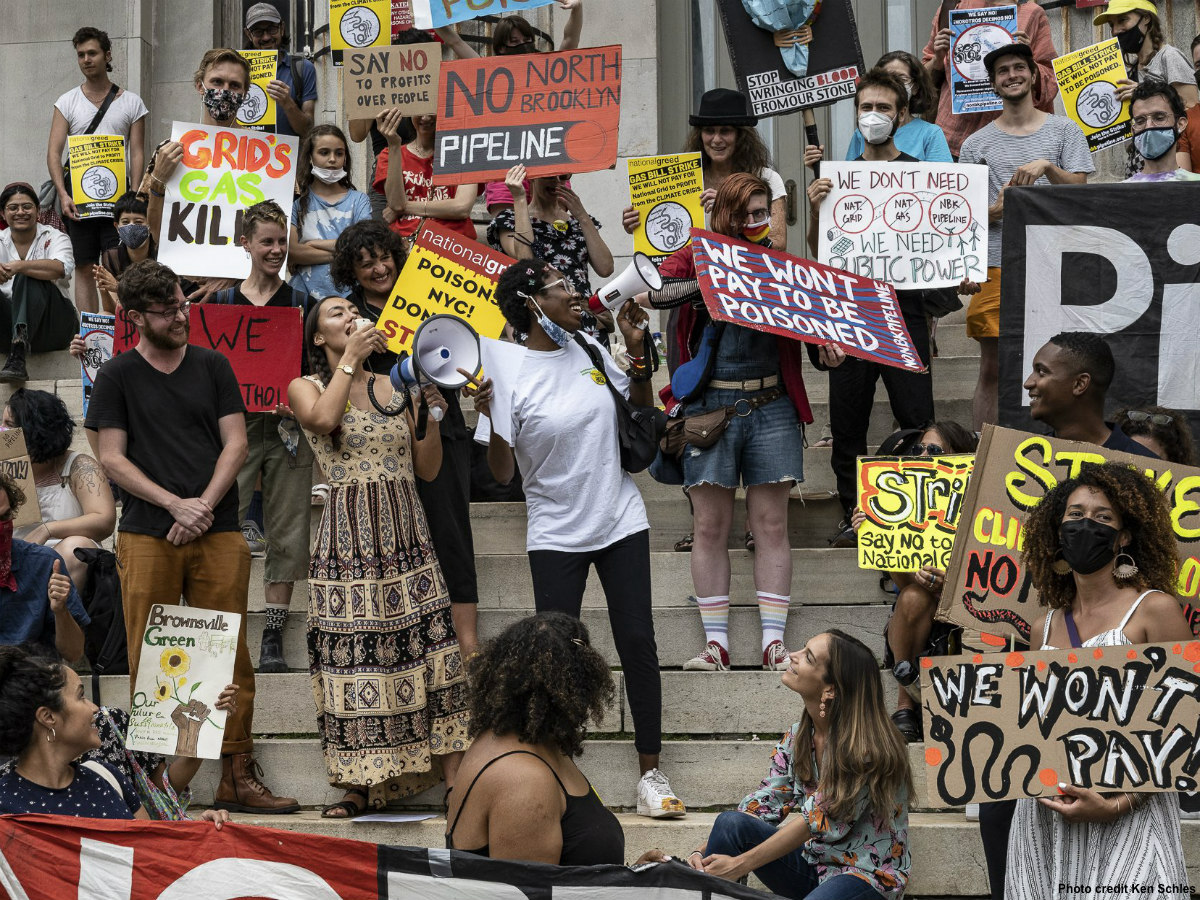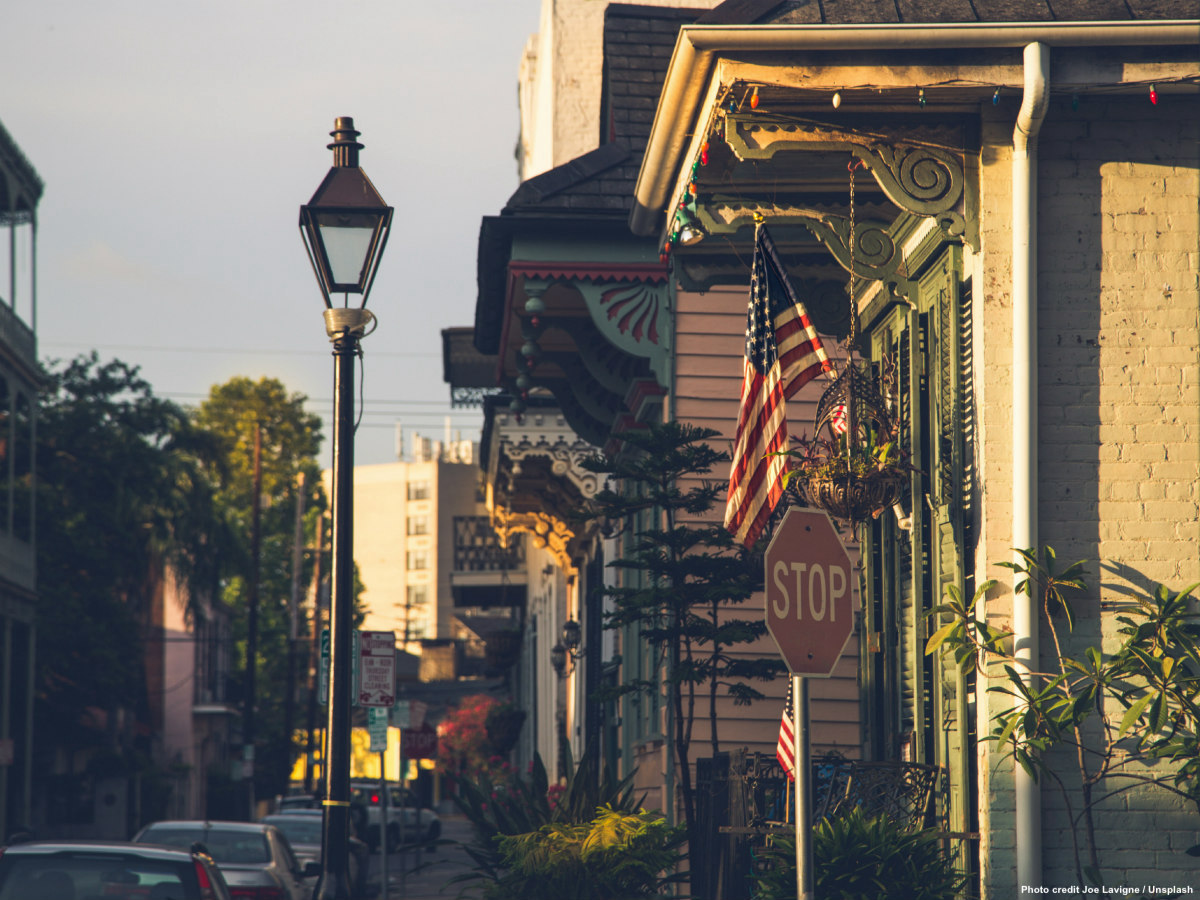Ferroalloys, processed scrap metals, cement, silico-manganese, and the list goes on – it seems difficult to believe that this array of products are manufactured in just one city of barely 127,000 people. While highly-polluted heavy industries have been slowly moving out of Western cities, more than 40 factories are located around Rustavi in Georgia. Polluters have profited from the passive acceptance of environmental pollution in the post-Soviet city for these much needed jobs.
Communism collapsed, yes. But holding authorities accountable vanished too. Despite high concentrations of pollutants in the air reaching unhealthy levels for people, nobody ever protested in Rustavi. Neither significant environmental activism nor relevant statistical data had ever been recorded. Until 2018 when demands of a grassroots movement erupted crying Gavigudet, which literally means “We are Suffocating”.
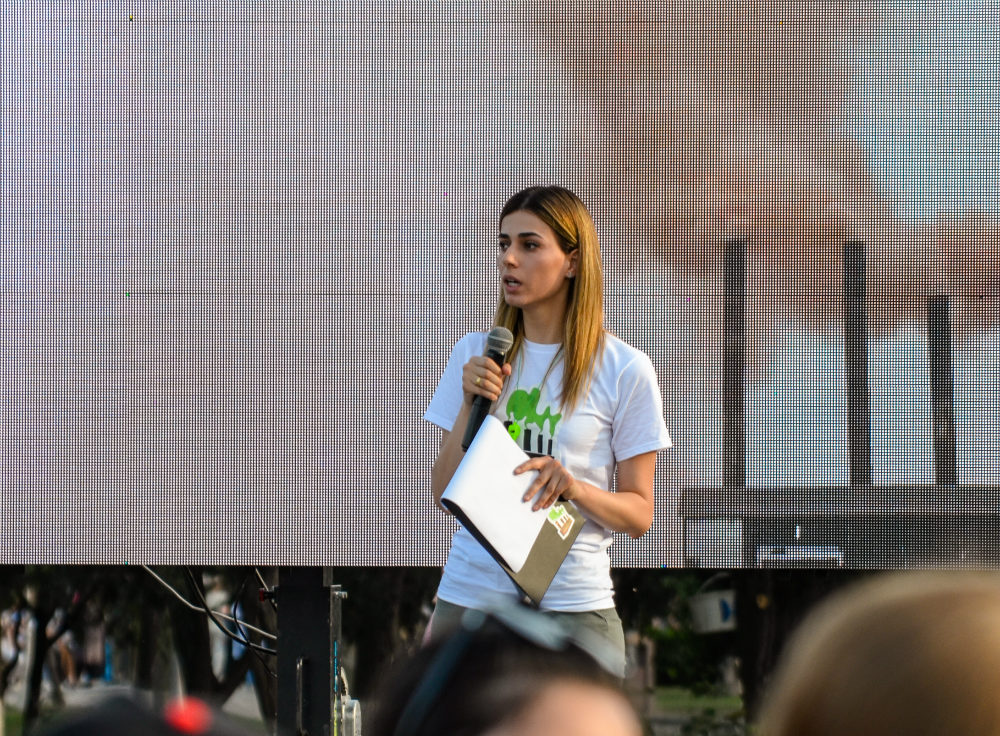
“If it wouldn’t have been for our actions, most probably the government wouldn’t have ever paid attention to the problem for much longer, considering the scarcity of the resources and abundance of socio-economic problems in Rustavi,” says environmental activist Tinatin Maghedani, who leads the grassroots movement Gavigudet.
In Rustavi the environmental fight has a different tone as the one chanted in Western cities. Activism culture and self-organization is low and it clashes with problems like unemployment and poverty.
The grim legacy of the industrialized post-Soviet city
Just forty kilometers from Georgia’s capital Tbilisi, Rustavi was founded under the plans of a massive industrialization in the 1940s during the Stalin dictatorship. The idea was to catch up with the West even at the cost of serious environmental damage. After the collapse of the Soviet Union, most factories changed hands to private companies, often with foreign investment, yet air pollution remained.
Every step is carefully planned every time we bring a case against factories. We are well aware that they create employment opportunities and many families are directly dependent on these jobs.
Why change anything if residents had already accepted pollution. In Rustavi it counts for as many years as the city itself. According to the Environmental Performance Index (EPI), former Soviet countries were among the worst performers in terms of air quality. Georgia ranked 124th globally out of 180 countries. There is this wrong assumption, explains Maghedani, that Soviet factories got closed down after the collapse of the USSR and they never reopened again.
However, till today, most of those factories are still running in the city and equipped with deteriorated Soviet technologies which are one of the main factors for environmental pollution. Strikingly, fines for polluting were so ridiculously low that factories preferred to pay the penalty rather than to purchase proper equipment and filters.
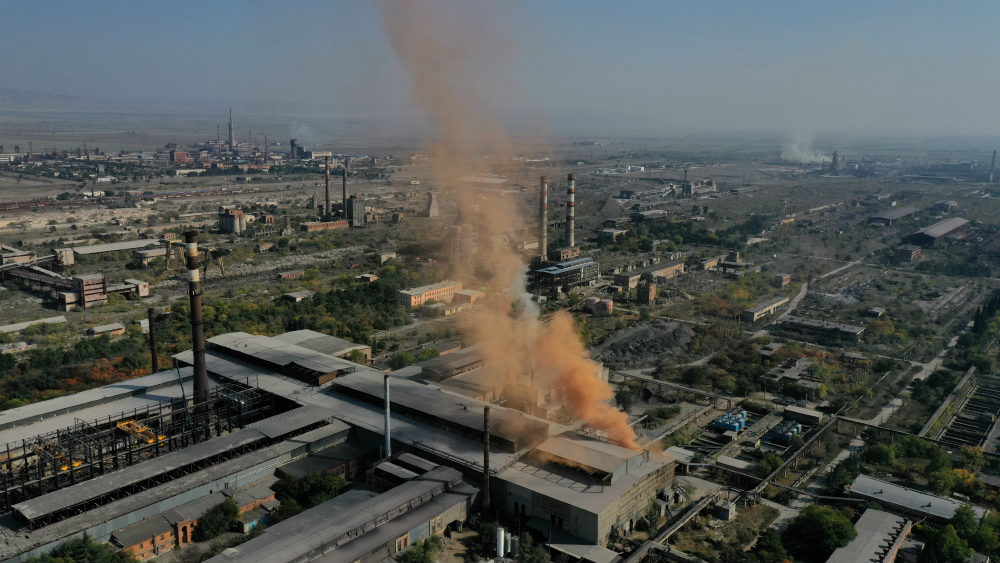
Rustavi records hazardous air quality levels 255 days of the year. Gavigudet regularly monitors pollution levels and posts statistical data on social media, together with videos and pictures of the factories, to confront citizens and authorities alike with the severity of the problem.
Complexity of environmental activism in Georgia
Gavigudet may be swaying people’s existential fears. Standing up against 50 factories that have their own interests and resources can be complex. Despite the devastating effects on the health of people, workers do not have many alternatives. At times Gavigudet has been accused of wanting to shut down the factories, leaving families without a source of income.
Therefore, Maghedani points out that “Every step is carefully planned every time we bring a case against factories. We are well aware that they create employment opportunities and many families are directly dependent on these jobs.” And she continues “We are not an organization waiting for polluters to make a mistake and then attack them, our activism depends upon the situation, we act, cooperate, talk, discuss and when necessary protest.”
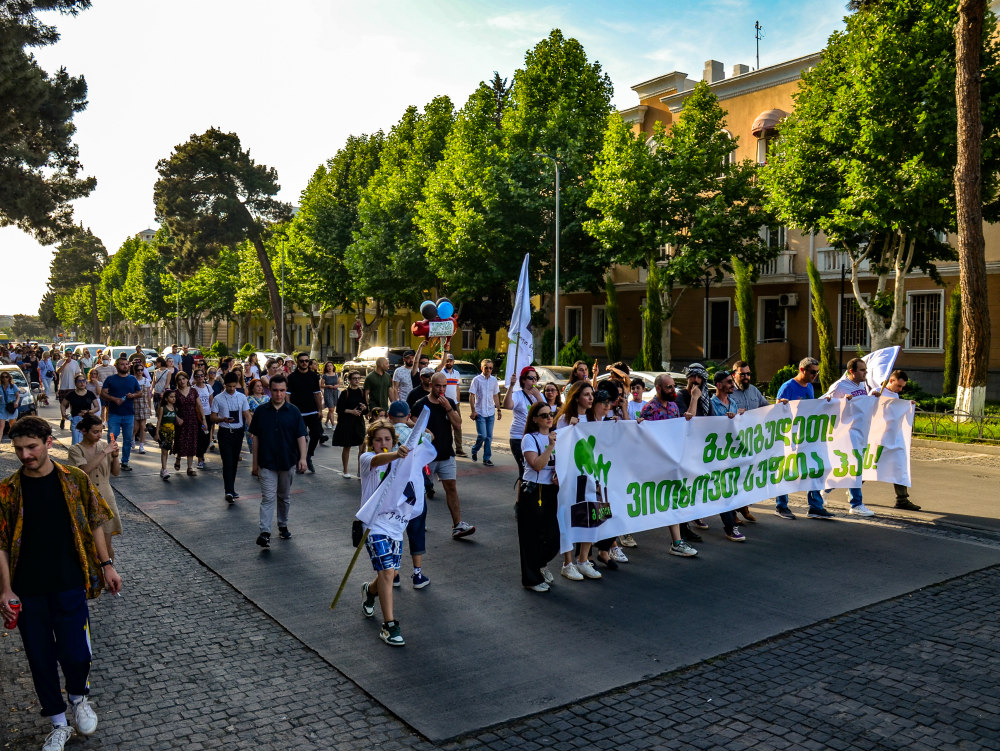
Similarly, drawing the attention of the citizens of Rustavi to environmental issues is also tough to pursue. Gavigudet cunningly began to arrange free commuter rides by bus between Rustavi and Tbilisi, where many residents study and work, just with one condition. During the ride Gavigudet would be speaking about the ongoing environmental situation in Rustavi and the effects of air pollution on people’s health.
Maghedani recalls how exciting it was to see a change of expression on people’s faces. “When we started speaking in the early morning nobody was really listening, but when we threw out the facts and statistics, people became more and more engaged.” In addition, organized tours in the industrial zones also made all the difference. Being closer to the source of contamination made the issue more tangible to the residents of Rustavi.
Why keep fighting for clean air
Full-time activism can really be mentally overwhelming. And it has its severe effects on health too. Maghedani explained that after the factory tours she needed one month of medical treatment to cure her from the allergy provoked by being exposed to the polluted air. Although she says that “the most vulnerable people are factory workers, who are constantly exposed. We have received a number of messages from them, saying that when they see our drones and cameras, they are filled with hope that somebody cares about their health.”
At times Maghedani faces the dilemma of leaving the city or fighting for it. For instance, the last demonstration was a big disappointment for the whole team. Despite their dedication and hard work, the number of people gathered to demand their rights for clean air was not as high as they had expected. However, she perceives it as a lesson, suggesting that, in order to avoid disappointment, activists have to acknowledge clearly whom and what they are fighting for.
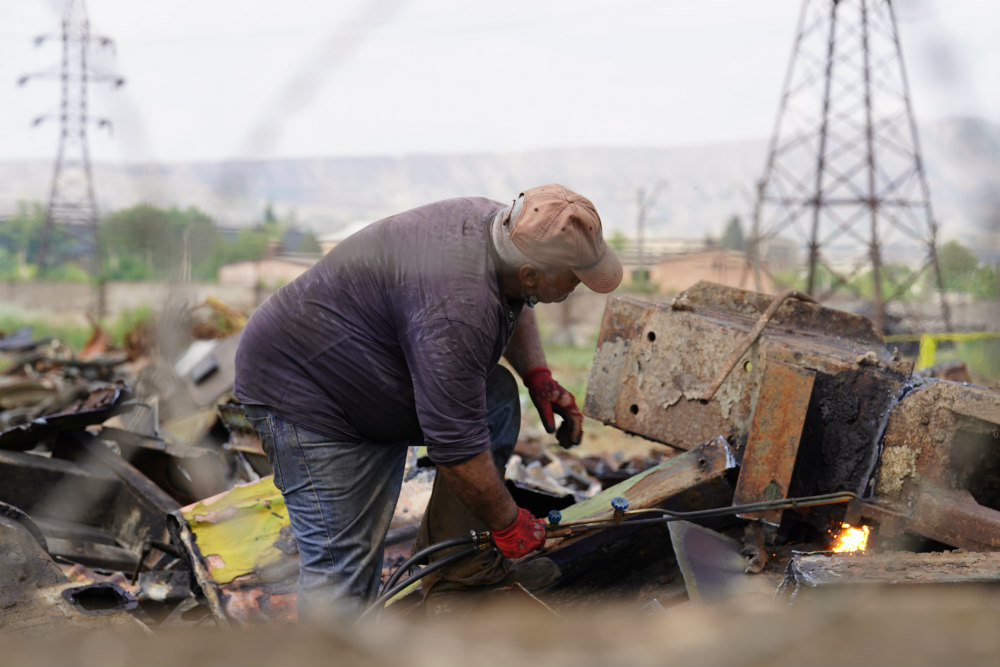
To prevail in that fight, Gavigudet has adopted a careful attitude based on concrete solutions, rather than only protest, on two different scales, changing legislation and raising awareness. Its main goal is “solving the problem, not the number of people who gather on demonstrations,” said Maghedani. You don’t have to generalize your activism, you have to realize that you are doing it for yourself and your loved ones.”
So far Maghedani and her team have pushed policy and decision makers to improve contamination levels with legislative changes such as an Action Plan for the Improvement of Ambient Air Quality in Rustavi, which was approved by the Parliament of Georgia and requires factories to install filters and air quality measurement tools to reduce carbon emissions.
Thus Gavigudet is a case study on how complex the fight against environmental pollution really is, how activism and accountability is low where workers need jobs at any cost and, ultimately, whether the post-Soviet city can adapt to manufacturing products that keep economies growing towards a new sustainable world. Rustavi, the post-Soviet city of the 50 factories, could be seen as a remote front of revolt against environmental pollution, but it affects us all, because we are all suffocating.
